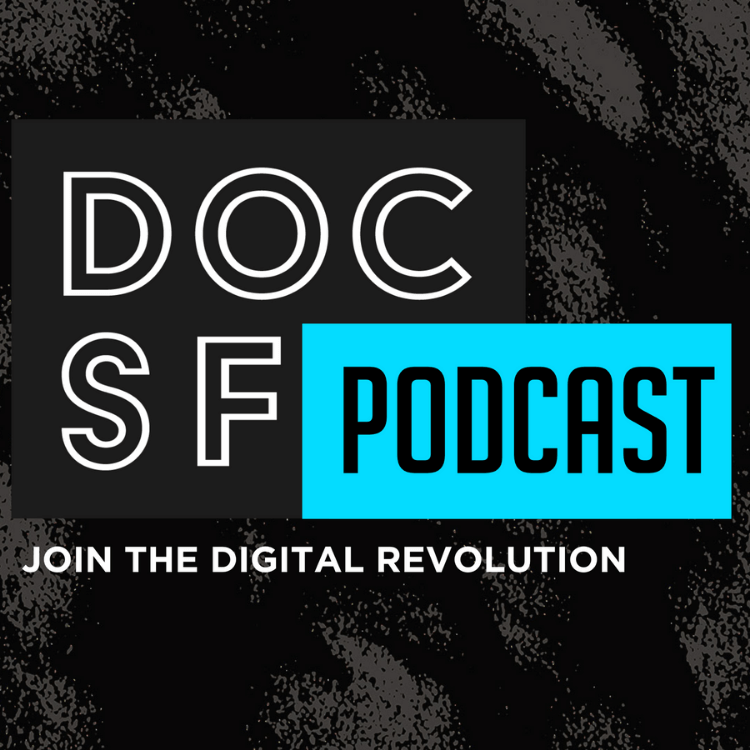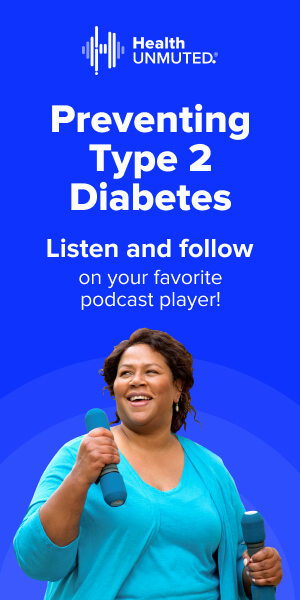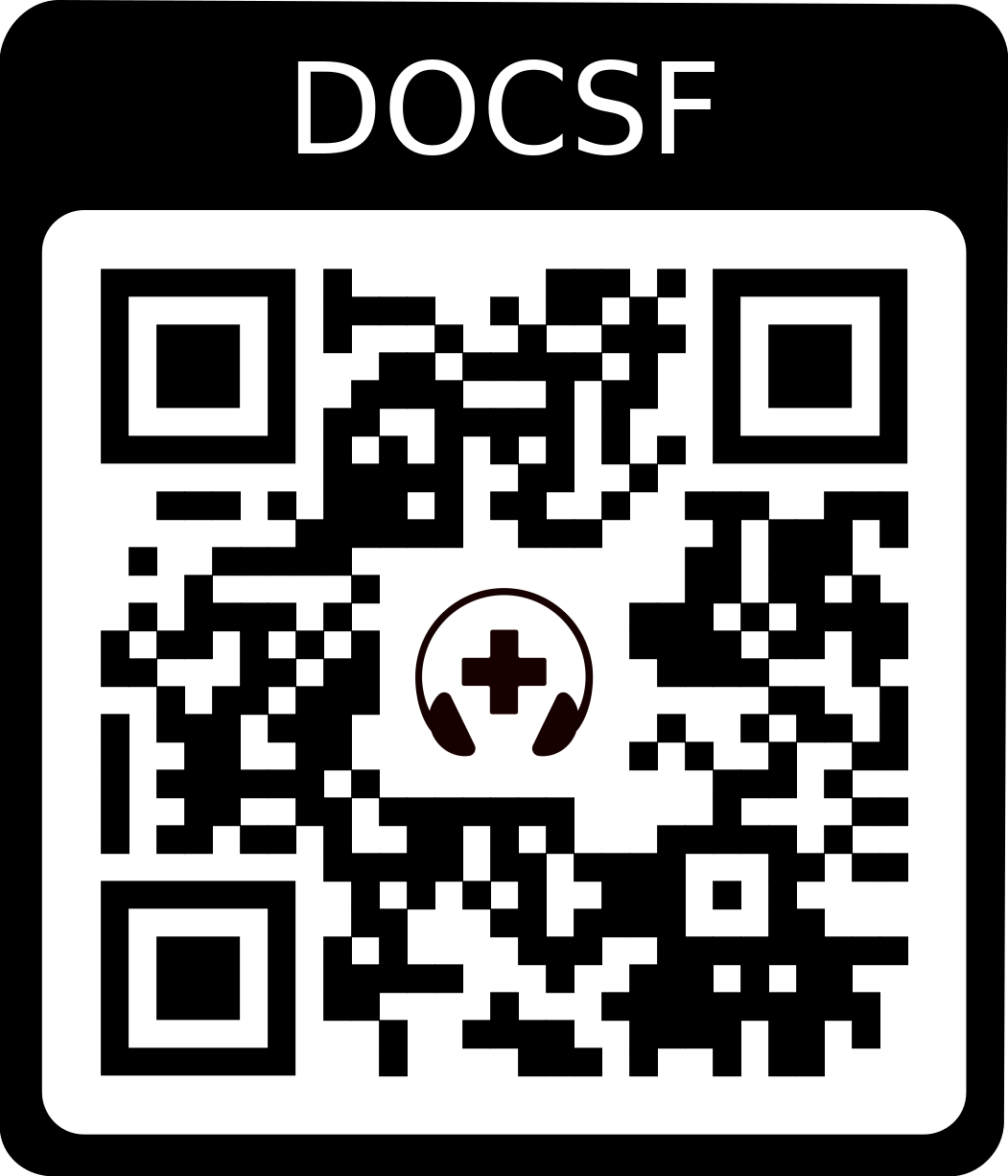S6E08 – Pandemics, Floods, and Earthquakes: It's Good To Be Agile!
We’ve had the COVID-19 pandemic for only three to four months now, but it has drastically changed much of life as we know it. The coronavirus cleared calendars, emptied restaurants, and wreaked havoc on local and national economies. It’s like a bad movie that keeps going, and the ending is not yet in sight. Yet despite all of its negative consequences, we are learning some powerful lessons — Lessons that can be applied to whatever challenge we face, whether pandemics, floods, and earthquakes.
Nice segue way to the title of the last session, right? For this episode, we have Dr. Tom Barber again as our guest. He was in one of the previous sessions before, as well.
Together with Shawna and Dr. Barber, we discuss things we have learned from this COVID-19 era that we can apply to the future. We tackled the idea of having responsive committees, leadership, communication, flexibility, preparation, telemedicine, and many other possible solutions. Dr. Barber, is a great communicator, and he expressed his ideas clearly.
Tune in to learn lessons we’ve learned and how we can apply them in the future!
Today’s Guests
Thomas Barber
Dr. Thomas Barber is the Associate Deputy Physician in Chief, Perioperative Services at Memorial Sloan Kettering Cancer Center. Before Memorial Sloan, he was a professor of Orthopedic Surgery at the University of California, San Francisco. He is a recognized health care leader. Thomas received his bachelor’s degree at Harvard University and his MD at the University of Rochester.
Key Takeaways:
- It is important to create active and communicative multidisciplinary committees that will make decisions and establish trigger points.
- Resilience is going to keep responders safe so we can do the work in caring.
- Take care of people who keep things running.
- Flexibility is essential for critical care space.

































